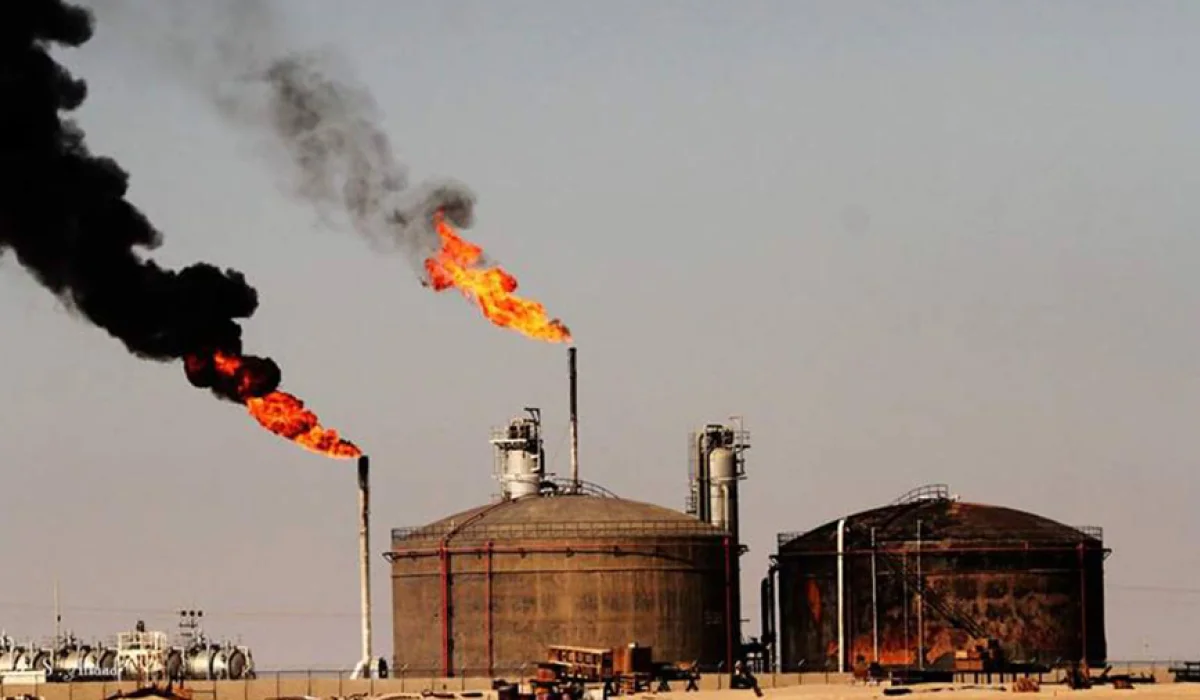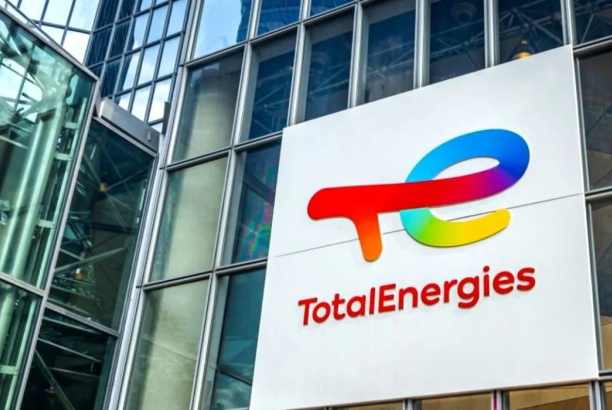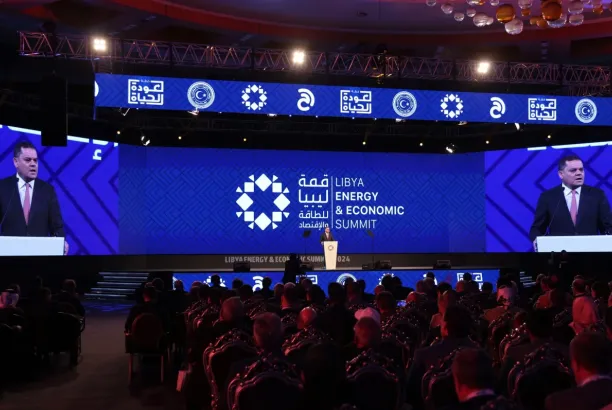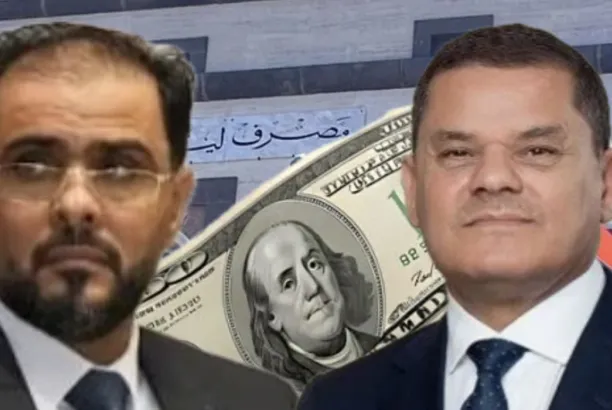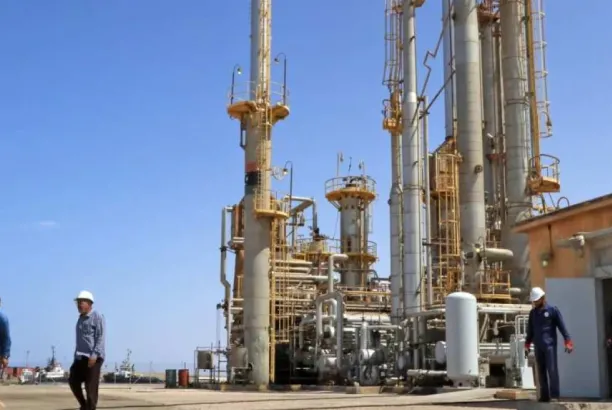The French intelligence website Africa Intelligence reported that German company BASF is seeking to separate from its Russian partner in Wintershall, as the chemical giant has so far been unable to sell all of its oil assets in Libya. The core issue lies in the fact that its main partner is under international sanctions following the outbreak of the war in Ukraine.
According to the site, the deal was initially seen as a significant achievement: Wintershall Dea, the German oil and gas company, sold last year for over $11 billion to British company Harbour Energy. However, the former shareholders in Wintershall Dea—BASF (owning 67%) and global investment firm LetterOne (owning 33%)—are now facing major difficulties in offloading their remaining assets, specifically the Libyan subsidiary.
The French outlet noted that the Libyan subsidiary, Wintershall Aktiengesellschaft, which includes two producing assets in Libya, remains almost equally owned by BASF and LetterOne. Meanwhile, 49% of its capital belongs to Russian giant Gazprom, which produces the bulk of Russia’s gas.
Since 2014, Harbour Energy CEO Linda Cook, formerly with Shell, has refused to enter into any dealings with sanctioned Russian entities like Gazprom. For this reason, Harbour excluded the Libyan company from the acquisition deal, choosing to focus on the remaining Wintershall operations.
As for Wintershall WA, it holds 49% ownership of Libyan concession areas 91 and 107, while the remaining 51% belongs to the National Oil Corporation (NOC). Together, these concessions produce about 40,000 barrels per day, of which Wintershall receives approximately 10,000 barrels.
The agency continued, saying that in an attempt to exit this complex situation, BASF and LetterOne recently hired American investment bank Houlihan Lokey to look for a buyer for their stake in the Libyan company. The efforts are being led from London by Jeremy Lowe, a seasoned banker with prior experience at Citi, BMO, Deutsche Bank, and RBC. The bank hopes to receive serious offers by the end of July, but the deal is fraught with complications. Any potential buyer must be willing to cooperate with Gazprom and must also obtain approvals from all Libyan parties: the eastern authorities aligned with Haftar, the National Oil Corporation, and the Tripoli-based Government of National Unity led by Abdul Hamid Dbeibeh.


